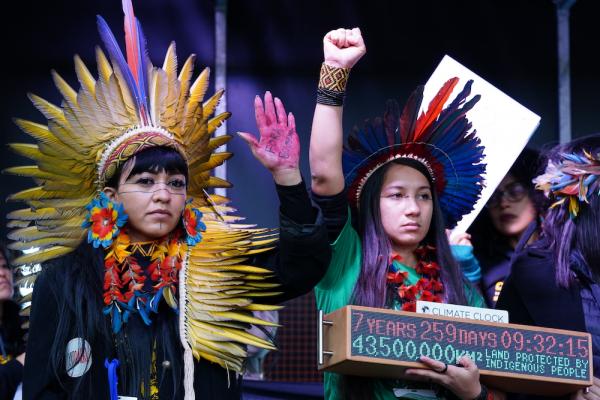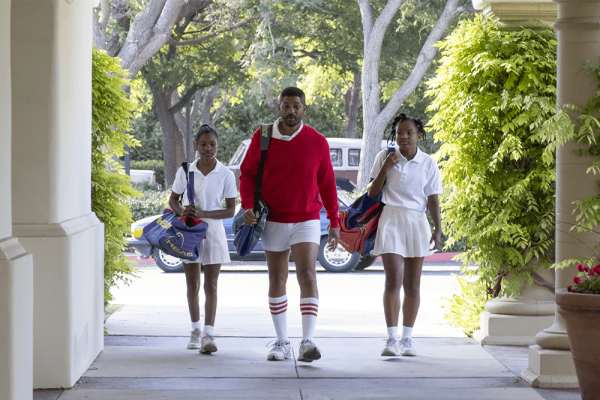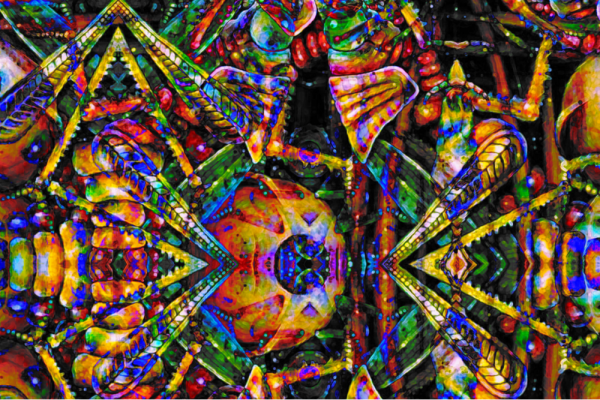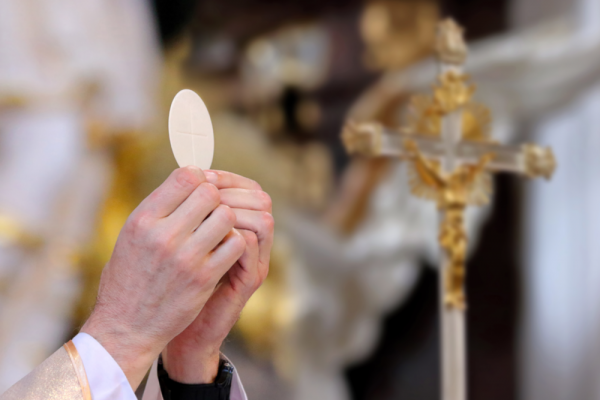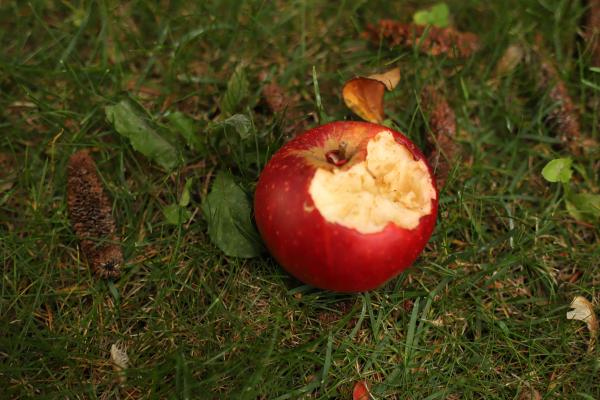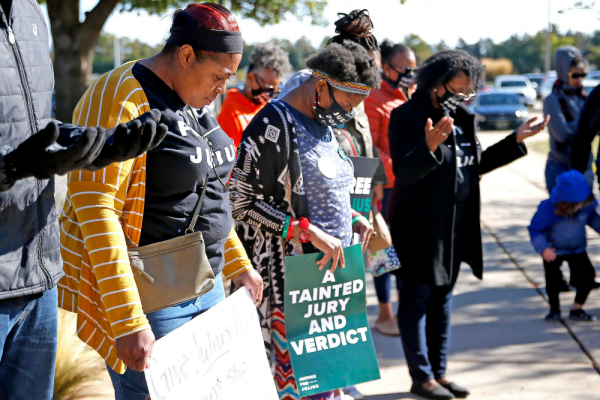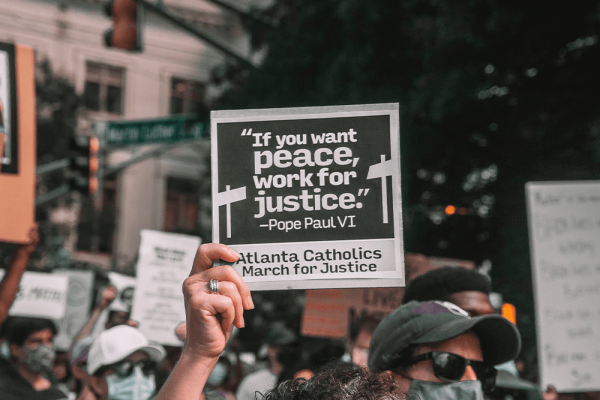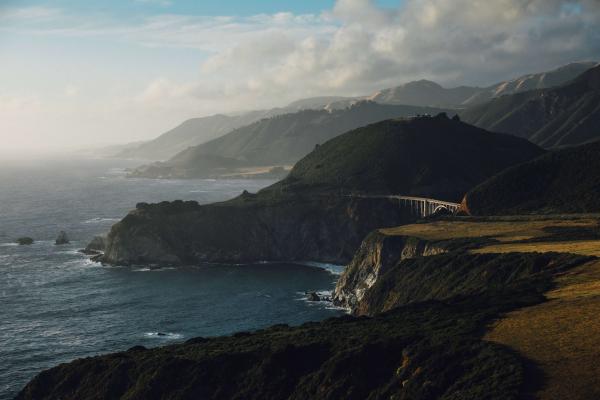Colonial logic, when applied to political systems, protects power and controls the public narrative. When world leaders use generic terms like “humanity” or phrases like “all humans are responsible for the crisis,” it conceals the responsibility of governments and large corporations. By pointing to humanity in general, they imply that we are all equally responsible for the climate crisis and invisibilize the efforts of Indigenous leaders in the fight for climate justice.
The film opens when Venus and Serena are already near teenhood and tennis stardom. We don’t suffer through scenes of the two first learning to swing a racket, and this allows the movie to focus on the true challenge the sisters faced: the classism and racism of rich, white, tennis institutions that had little time for two Black girls from Compton, Calif. — an issue that has improved but still exists in U.S. tennis.
In the metaverse, you don’t just curate your surroundings — you also curate your own avatar. One of Zuckerberg’s poker pals, for instance, arrived at the virtual party as a robot wearing a baseball cap.
An advisory group to U.S. bishops urged the Catholic leaders on Tuesday to avoid making Communion “a tool for division” as debate resurfaces in Catholic circles over whether President Joe Biden’s support for abortion rights should disqualify him from receiving the sacrament.
Gathered in a Baltimore hotel ballroom, the bishops’ conference is scheduled to discuss a draft of a document clarifying the meaning of Holy Communion, a sacrament central to the faith.
The bishops have been divided over how explicitly the document should define the eligibility of prominent Catholics like Biden to receive Communion due to political stances that contradict church teaching.
Loving him is like
floating the Euphrates toward a dead-end stream:
faster than the wind, passionate as sin,
winding so serpently.
Although it is hard to imagine a world without Facebook, we must look critically at the implications of its widespread use and the powerful companies that control these platforms — and us. Whether by making election interference easier, selling people’s data, fostering social division by populating feeds with malice, greed, and dissension, social media provides an opportune venue for users to live into our depraved human condition. The consequences of this, however, are not contained in the digital world.
I am troubled about Oklahoma’s recent decision to reinstate the death penalty and to resume state executions. I know you are a Christian, governor. As a Christian minister myself, I believe that capital punishment should end.
But I am not writing to you today to debate policy; the occasion for my letter is much more urgent: The decision to kill Julius Jones or to spare his life rests in your hands.
Last week, Archbishop José H. Gomez assailed “new social justice movements” as “dangerous substitutes for religion.”
Gomez, the president of the U.S. Conference of Catholic Bishops, spoke to the Congress of Catholics and Public Life, an international conference held in Madrid, but his comments spread beyond the direct audience. His remarks focused on “the new social movements and ideologies” that he said were “seeded and prepared for many years in our universities and cultural institutions;” movements that were “unleashed” on society after George Floyd was killed in May 2020.
“In denying God, these new movements have lost the truth about the human person,” he said. “This explains their extremism, and their harsh, uncompromising, and unforgiving approach to politics.”
While the archbishop acknowledged that “racial and economic inequality are still deeply embedded in our society,” the comments seemed, to many, to be an effort to delegitimize social justice efforts within the church despite past and present commitments to social justice from Catholic leaders.
Sojourners asked Catholic leaders and thinkers across the United States why social justice is important to their faith. Here’s what they had to say.
This quietude at New Camaldoli is different than the imposed silence that accompanied the global time-out wrought by the pandemic. That silence descended like a pall when humans retreated, social distancing in the hopes of slowing the spread of a deadly virus. At the hermitage, the silence is chosen. In that choice there is a freedom to hear, see, and feel more of the natural world as well as our place in it. Such silence-keeping allows us to experience human community in a more deliberate and ultimately transformative way.
